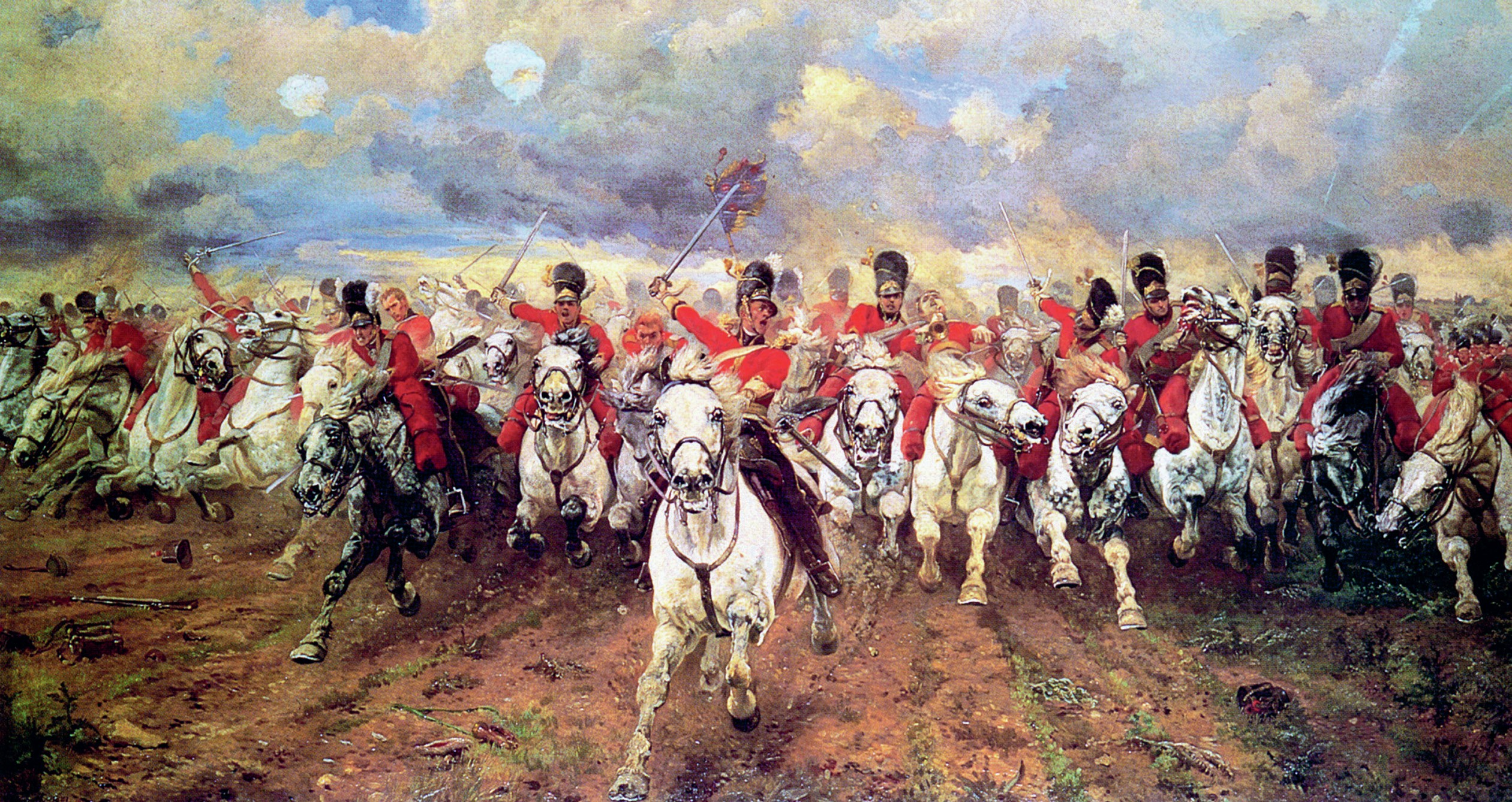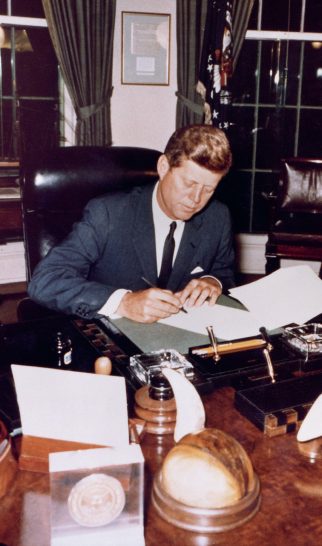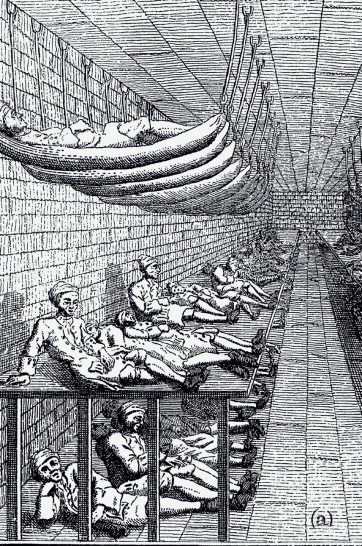
Napoleon had already been defeated once, whereupon he had abdicated and gone into exile on the Mediterranean island of Elba in April 1814. But the following February he had escaped and returned to France. Most of the French nation quickly deserted Louis XVIII, the king who had been imposed on them by Britain, Austria, Prussia and Russia, and Napoleon began rebuilding an army to take on this four-power alliance again.
Though lacking many of the experienced military commanders he had relied on in previous campaigns and short of horses, muskets and ammunition, Napoleon assembled his new army near Maubeuge, close to the border with Belgium (then part of the newly established kingdom of the Netherlands). Knowing that once the forces of the four powers combined, he would be hugely outnumbered, Napoleon planned a rapid surprise attack.
Your organisation does not have access to this article.
Sign up today to give your students the edge they need to achieve their best grades with subject expertise
Subscribe




